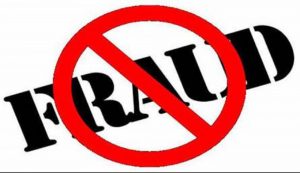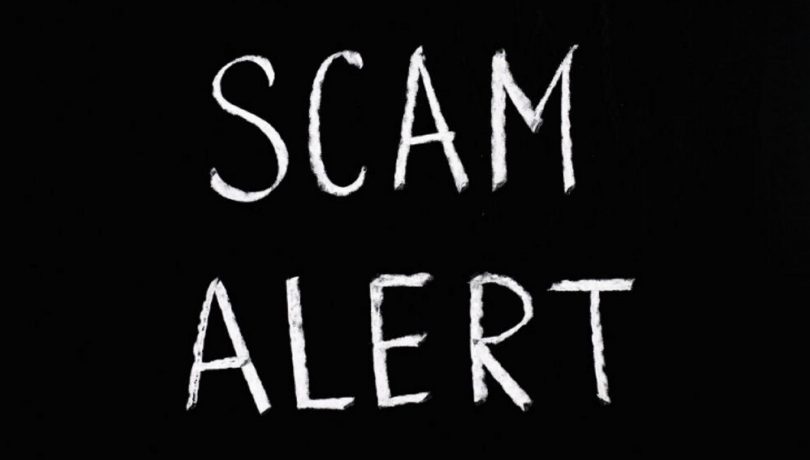Table of Contents
Probate fraud is immoral, but cases are still prevalent.
While the death of a loved one makes people naturally upset, it may not be the case for everyone. Some see it as an opportunity to defraud the decedent or the beneficiaries soon before or after death.
The Society of Trust and Estate Practitioners recently reported probate fraud costs exceeding $185 million. Similarly, 50% of estate practitioners admitted to having encountered this crime.
Anyone can plan to tamper with probate, including those you trust most, like professionals, friends, and family. In particular, the executors can misuse the power bestowed upon them to manipulate figures and benefit from the Estate unfairly.
Therefore, the importance of vigilance can’t be understated, especially as you come to terms with losing a loved one.
Key Takeaways
- Probate fraud is any malpractice related to establishing a will or the distribution of the estate.
- Common examples that lead to litigation include undue influence in will execution, unauthorized transactions, and changes in beneficiary designation.
- Record Click is committed to providing exceptional genealogy services and helping you find the best attorney.
What is Probate Fraud?

Probate fraud
Probate fraud is any malpractice related to the process of creating a will or administration and distribution of the decedent’s estate.
It can take different forms, from coercing will-creation to retitling or forging documents and accounts before or after the decedent’s demise.
Other common examples that lead to litigation include:
- Undue influence in will execution
- Unauthorized transactions
- Changes in beneficiary designation
- Accounting, trustee, or executor fraud.
Some jurisdictions have a time frame within which you can file a dispute, and the deadline may vary with your notice type and the sensitivity of the raised issues.
You must identify your situation among the following examples to initiate litigation.
-
Will Contest
When you want to challenge the validity of the presented Will.
-
Executor Appointments
There’s little you can do when the will clearly designates an executor and is affirmed by the probate registrar. However, if the designated executor cannot take up the role for some reason or if the decedent dies intestate, disputes may arise on who best fits the role.
In this case, having an experienced litigation attorney is vital to tell when someone lies or presents weak evidence.
It’s also worth noting that the registrar usually allocates a short time for the administration case, meaning that evidentiary failures and improper procedures may result in the wrong person being designated as the estate administrator.
-
Executor Fraud
When an estate executor commits fraud or overcharges an estate distribution task, an interested party may initiate litigation through a probate attorney.

Executors and administrators may be fraudulent
The professional can apply evidentiary rules and follow the procedures to convince the judge and prompt the executor to return fees.
-
Formal Accountings
When you think the administrator or executor has committed fraud, you can seek the attorney’s help in gathering the evidence and proving the crime before a judge.
-
Trustee Removal
You can initiate litigation when you notice a trustee or beneficiary of an estate was included wrongfully.
In this case, a person falsely submits a claim of the estate share as the decedent’s spouse.
If you believe that someone’s information was misrepresented or fraud occurred at any stage of the process, the first step should be to contact an attorney.
Experienced attorneys will help you unearth crucial details to support your case, take over the litigation, and stop fraudsters. Even if your situation falls short of meeting fraudulent elements, an experienced attorney can help you receive what you deserve.
How To Prove Probate Fraud in Court

Probate Fraud Cases must provide substantial evidenece
Proving fraud can be complex, especially when involving a series of fraudulent transactions. Therefore, gathering adequate evidence, including witness interviews, depositions, and subpoenaed documents, is vital.
If, for example, you claim that the crime occurred when the testator was living, the court will need to understand the circumstances under which pressure was exerted and how it influenced the fraud.
Most probate cases apply the “clear and convincing” standard of evidence, meaning there should be an extremely high probability of the presented facts being accurate. All this can be stressful when you want to prove you’re an heir whom the administrator does not consider for unknown reasons.
Luckily, professional genealogists can help you trace all the heirs of an estate and provide the testimony before a probate judge. Forensic genealogists at Record Click will help produce a clear and accurate family tree detailing several generations of living and deceased beneficiaries and relatives.
With these details, the estate administrator can contact all beneficiaries and map out how they plan to distribute the estate as per the intestacy laws.
How To Find the Best Firm for Probate Fraud Litigation

attorneys, executors, and genealogists are bound by the law
Unlike civil or other criminal litigations, probate fraud litigation is based on estate law and requires attorneys well-versed in the field. Therefore, when considering initiating a case, you must choose a firm with experienced attorneys ready to explain the laws and process clearly and concisely.
Moreover, the legal professionals should make the process easy for you and help you win the case by making a top-notch representation that’ll help reach best probate decisions for you and your relatives.
Stand Up for Your Right
The probate process is stressful and can worsen when faced with a fraud matter. At Record Click, we are committed to providing exceptional genealogy services to detail how you tie to the testator and present the information to a judge.
Contact us to learn how we can help find the best probate attorney and take the heavy burden off your shoulders.
READ MORE: Record Click’s Heir Research Services, Costs, And Expectations.







